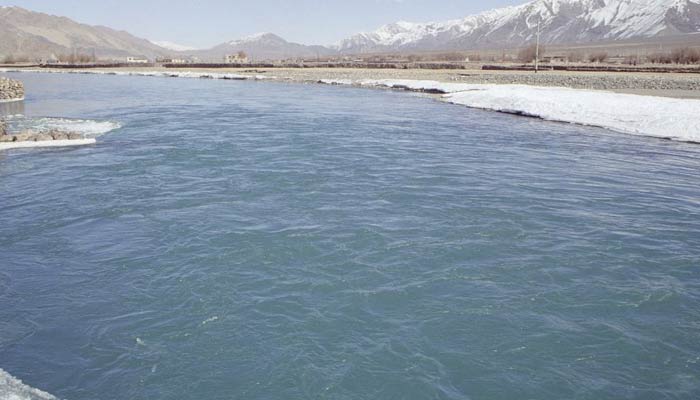TRENDING TAGS :
Pakistan refuses to accept modifications in Indus Water Treaty
Pakistan has refused to accept any modifications or changes to the Indus Waters Treaty. The refusal came after India on Friday last stated that it was ready to resolve its differences with Islamabad over the pact’s implementation.
Islamabad: Pakistan has refused to accept any modifications or changes to the Indus Water Treaty. The refusal came after India on Friday last stated that it was ready to resolve its differences with Islamabad over the pact’s implementation.
The treaty was signed in 1960 which allows India to take control over the three eastern rivers of the Indus basin namely the Beas, the Ravi and the Sutlej while Pakistan has the three western rivers namely the Indus, the Chenab and the Jhelum.
According to the Special Assistant to Pakistani Prime Minister, Tariq Fatemi, “Pakistan will not accept any modifications or changes to the provisions of the Indus Waters Treaty. Our position is based on the principles enshrined in the treaty. And the treaty must be honoured in…letter and spirit”.
India's request for more time has alarmed Pakistan:
- Islamabad argued that India used the same strategy on previous occasions, completing a project during the dispute and then insisting that since the project was already complete, it could not be modified.
India wants to violate Indus Water Treaty:
- The current dispute revolves around the Kishanganga (330 megawatts) and Ratle (850 megawatts) hydroelectric plants. India is building the plants on the Kishanganga and Chenab Rivers, which Pakistan says would violate the treaty.
- The Pakistan argued that the designs of the two Indian projects violate both legal and technical provisions of the treaty.
What Vikas Swaroop had said:
- India has always believed that the implementation of the Indus Waters Treaty, which includes the redressal of the technical questions and differences, should be done bilaterally between India and Pakistan.
- We believe that these consultations should be given adequate time.



